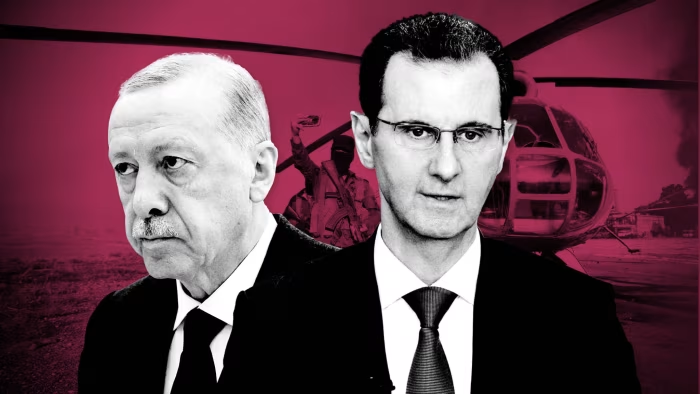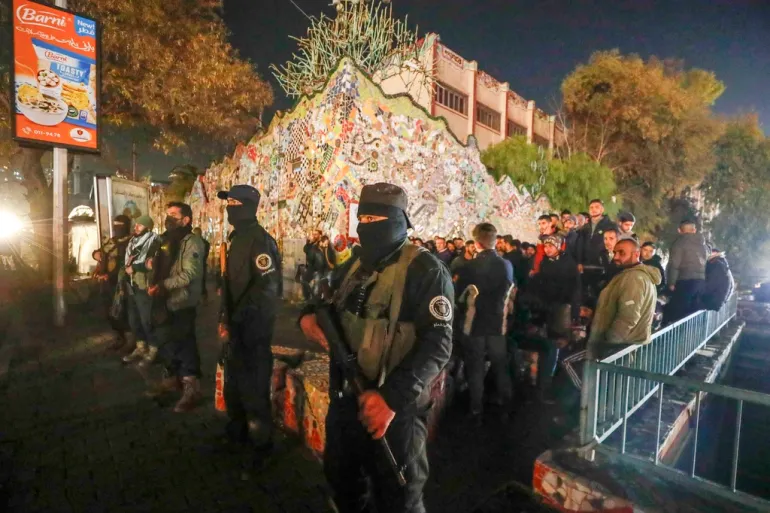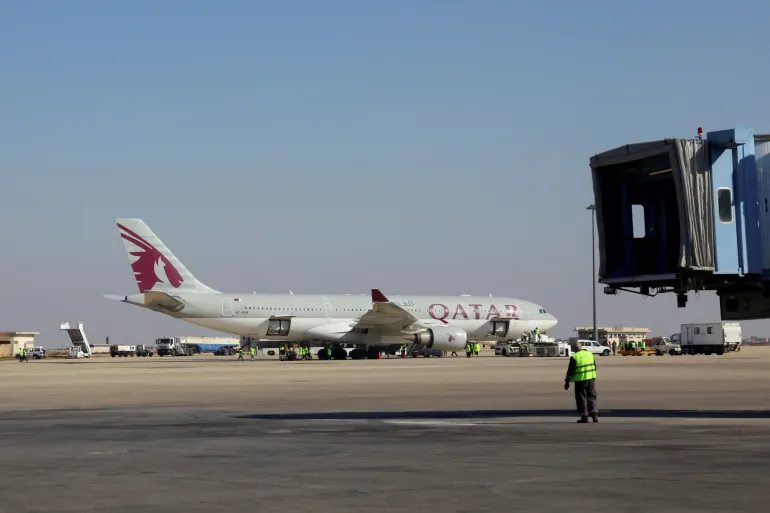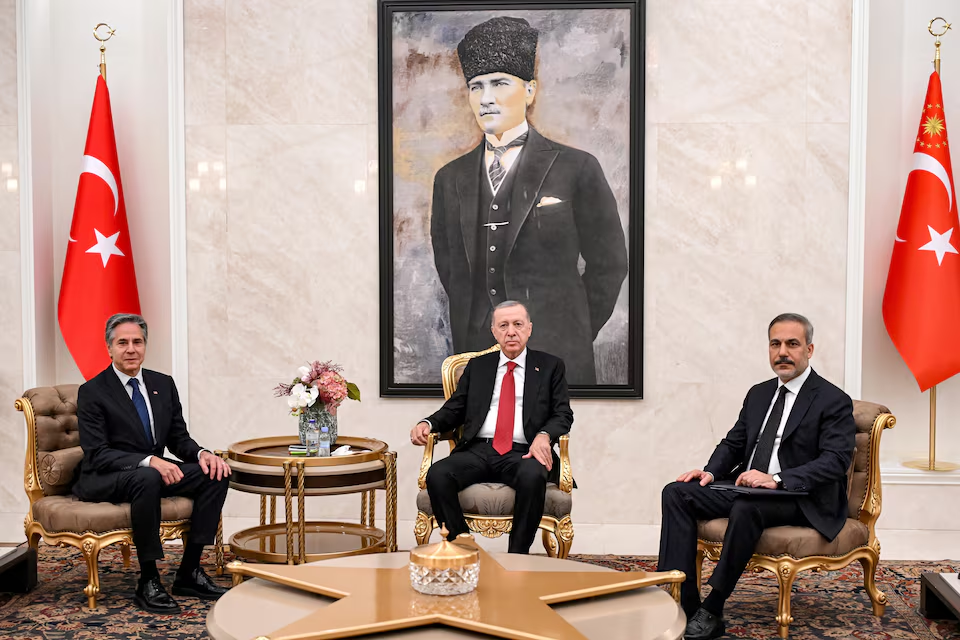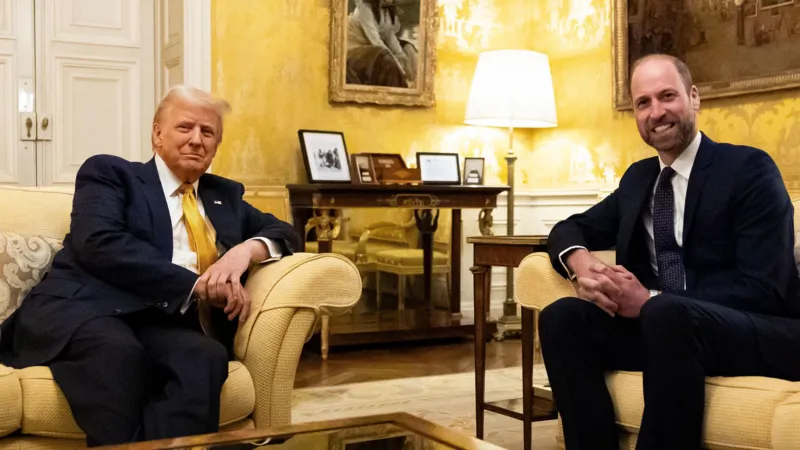Saudi defense minister discusses support for political transition with Syrian foreign minister
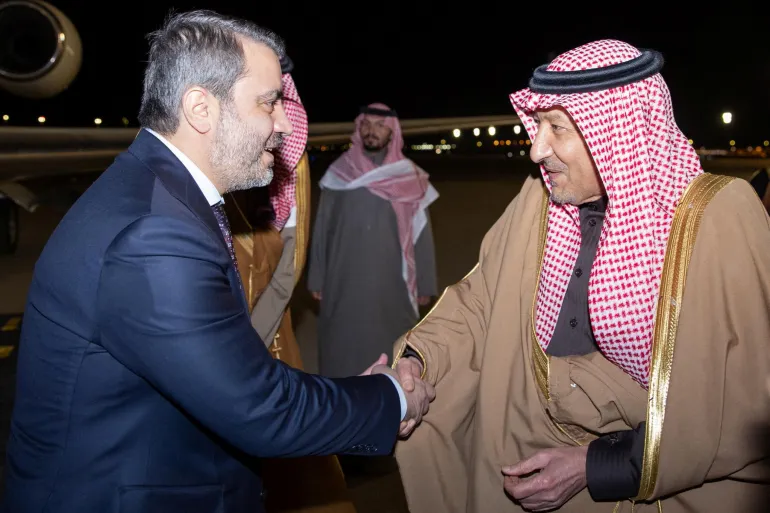
Saudi Arabia’s Defense Minister, Prince Khalid bin Salman, held talks with Syrian Foreign Minister Faisal Mekdad regarding support for Syria’s political transition. This meeting marks a notable shift in regional relations and signals the growing willingness of Saudi Arabia to engage with Syria after years of strained ties due to the Syrian civil war. The discussions, which took place in Riyadh, were seen as an effort to explore ways to support Syria’s path toward political stability and resolve ongoing tensions in the region.
The Syrian civil war, which began in 2011, has caused immense human suffering and left the country in a state of turmoil. Over the past decade, Saudi Arabia has been a vocal critic of Syrian President Bashar al-Assad, who has been accused of widespread human rights abuses and of leading a brutal crackdown on opposition forces. As a result, Saudi Arabia, along with other Arab nations, severed diplomatic ties with Syria and sought to isolate Assad’s government on the international stage. However, in recent years, there has been a gradual shift in the region’s approach to Syria, with some Arab states reconsidering their stance toward Assad’s regime.
The discussions between Prince Khalid bin Salman and Faisal Mekdad came at a time when there has been growing pressure to address Syria’s political future. International actors, including the United Nations and key regional players, have increasingly called for a political transition in Syria to end the long-standing conflict and bring about a lasting peace. This includes efforts to facilitate dialogue between the Syrian government and opposition groups, to achieve a more inclusive and democratic political system.
While the specifics of the talks between the Saudi and Syrian officials remain confidential, it is believed that the focus was on supporting Syria’s political transition and exploring potential avenues for cooperation. The meeting reflects a broader shift in Saudi Arabia’s foreign policy, which has sought to recalibrate relations with several Middle Eastern countries as part of its larger strategic objectives.
One of the key elements of the discussions was likely centered around Saudi Arabia’s potential role in helping Syria navigate the political transition process. As a regional power, Saudi Arabia has significant influence in the Middle East and could play a pivotal role in facilitating dialogue between the Syrian government and opposition groups. While the political transition in Syria remains a complex and contentious issue, Saudi Arabia’s involvement could help bring additional pressure on Assad’s government to engage in meaningful reforms.
Another important aspect of the meeting was the potential for humanitarian assistance and reconstruction efforts in Syria. The ongoing conflict has caused widespread devastation, leaving millions of Syrians displaced and in need of humanitarian aid. Saudi Arabia, which has historically been involved in providing aid to conflict zones, may play a role in supporting Syria’s recovery by contributing to humanitarian efforts and reconstruction projects. This would not only help alleviate the suffering of the Syrian people but also help stabilize the country in the long term.
The meeting between Prince Khalid bin Salman and Faisal Mekdad is also a reflection of the broader regional dynamics at play. Over the past few years, there has been a growing trend of normalization between Syria and several Arab states, including the United Arab Emirates (UAE) and Bahrain. These countries have reopened diplomatic channels with Syria and have advocated for its reintegration into the Arab League. Saudi Arabia’s engagement with Syria, although still cautious, is seen as part of this broader regional shift toward greater engagement with the Assad government.
The Saudi-Syrian discussions also take place against the backdrop of shifting alliances in the Middle East. Saudi Arabia, which has traditionally been an opponent of Iran’s influence in the region, may see engagement with Syria as a way to counterbalance Iran’s growing presence in the country. Iran has been a staunch ally of the Assad government throughout the civil war, providing military and financial support. By engaging with Syria, Saudi Arabia may be looking to reduce Iran’s influence in the region and exert greater control over the political and security landscape.
Despite these discussions, there are still significant challenges to a peaceful resolution of the Syrian conflict. The political transition remains a divisive issue, with deep divisions between the Syrian government and opposition groups. Furthermore, Syria’s relations with key international actors, including the United States and European countries, remain strained. While Saudi Arabia’s support for Syria’s political transition is seen as a positive step, the road to peace and stability in Syria remains uncertain.
In conclusion, the meeting between Saudi Arabia’s Defense Minister and Syria’s Foreign Minister represents a key moment in the evolving dynamics of Middle Eastern diplomacy. While the details of the talks are still emerging, the discussions signal Saudi Arabia’s growing willingness to engage with Syria and explore ways to support its political transition. As the region continues to navigate the complexities of the Syrian conflict, the involvement of key players like Saudi Arabia will be crucial in shaping the future of Syria and the broader Middle East.


